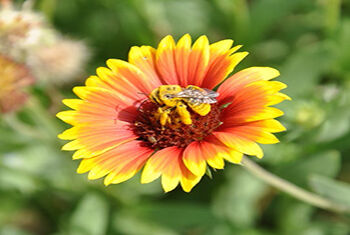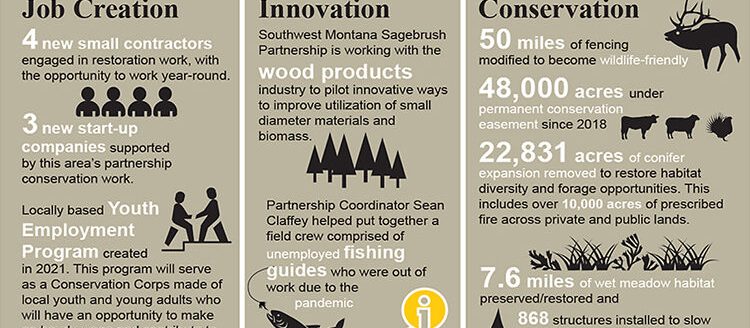Pollinator Week is an annual event celebrated in support of pollinator health. The majority of crops we eat (fruits, vegetables, and nuts) and most plants found in natural ecosystems across the globe rely on pollinators for fruit and seed production. The U.S. Department of Agriculture’s Natural Resources Conservation Service provides technical and financial assistance for conservation efforts to increase pollinator habitat through USDA programs.
The USDA NRCS Plant Materials Program and its 25 Plant Materials Centers select plants and provide recommendations on plants to support natural resource conservation efforts on both private and public lands. Plants selected by Plant Materials Centers are available through commercial sources for use in conservation practices, such as to enhance or create pollinator habitat.
Plant Materials Centers have selected and released to the public more than 90 native wildflowers and legumes to support pollinator populations throughout the growing season. NRCS, working with pollinator experts from the Xerces Society, assigned pollinator value scores to these plants to guide conservationists and other interested in planting them for pollinator conservation planting. A spreadsheet of these plants and the benefits they provide to pollinators is on the Insect and Pollinator Habitat Resources page of Plant Materials website along with links to other technical information on pollinator habitat.
Check out the NRCS Insect & Pollinators website to find out how you can help establish pollinator habitat and the efforts NRCS has underway to support honey bees, Monarch butterflies, and all beneficial insects and pollinators.
Technical information and guidance on the use of conservation plants to address resource concerns can be found on the Plant Materials Program website or contact the nearest Plant Materials Center or plant materials specialist. For additional information on specific species of plants mentioned, please see the USDA PLANTS database.



